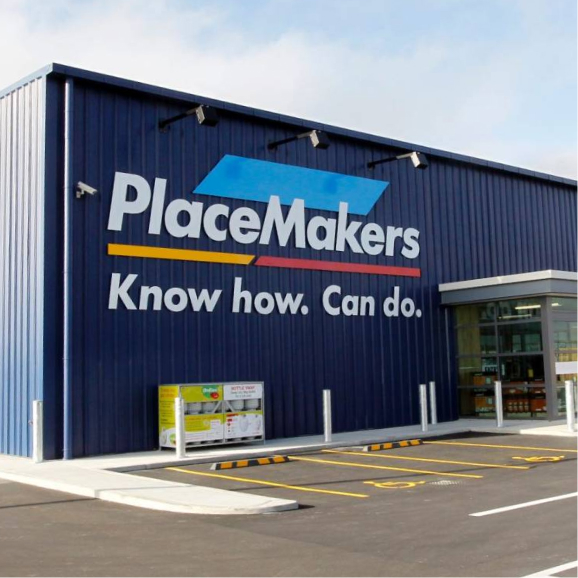What is Application Modernisation?
Application modernisation is the process of updating legacy software systems to align with modern business needs and emerging technologies. It involves transitioning older, often monolithic, applications to flexible, cloud-native architectures, making them more agile, scalable, and cost-efficient. Modernisation strategies may include rehosting, refactoring, or rebuilding these applications using technologies like microservices, APIs, and containers.
For industries such as construction, healthcare, and government, modernising applications goes beyond upgrading software—it’s about aligning technology with evolving customer demands and market trends. At Adaptiv, we recognise that legacy systems often form the backbone of operations. However, these older systems can be inflexible, costly to maintain, and unable to integrate seamlessly with newer technologies. Through a strategic application modernisation approach, we help businesses future-proof their IT ecosystems and drive digital transformation.
What is Application Modernisation?
Application modernisation refers to the process of upgrading or transforming legacy software systems to align with today’s business needs. These systems, built on older technology, often lack the flexibility required for rapid changes in business models, user expectations, and technology advancements. Modernising these applications typically involves rehosting, refactoring, or completely rearchitecting them to work within cloud-native environments.
Legacy systems have provided value over time, but their rigid, monolithic structures now limit a business’s ability to adapt. Modernised applications, built using microservices, containerisation, and APIs, foster scalability, adaptability, and enhanced performance, which are crucial for businesses navigating today’s digital economy.
Key Benefits of Application Modernisation
- Increased Agility and Innovation
Modernised applications are more adaptable to changing business environments. By transitioning from monolithic structures to microservices or modular architectures, companies can roll out new features more quickly, experiment with innovative ideas, and pivot faster in response to market shifts.
- Cost Efficiency
Maintaining and scaling legacy systems can be expensive. Cloud-based architectures offer a pay-as-you-go model, which reduces the burden of hardware management and system maintenance. By modernising your applications, you shift to more cost-effective, scalable platforms.
- Improved Scalability
Microservices allow businesses to scale individual parts of an application independently. This is critical in industries like healthcare and construction, where workloads can fluctuate significantly. Scalability in modernised systems enables companies to meet demand without costly infrastructure overhauls.
- Enhanced Security and Compliance
Outdated systems may not comply with modern security standards, putting businesses at risk. Modernisation helps incorporate updated security protocols, ensuring sensitive data protection and regulatory compliance, especially for sectors like healthcare, where data security is paramount.
Future-Proofing Your Business
As the business landscape continues to evolve, legacy systems will become an even greater hindrance. By modernising your applications now, you set your business up for future success. Whether through rehosting, refactoring, or a complete rearchitecting approach, modernisation provides the foundation for your business’s digital transformation, enabling you to stay competitive and agile in the years to come.
The Role of an Integration Portfolio Assessment in Application Modernisation
Before embarking on any application modernisation journey, understanding the current state of your integration landscape is essential. An Integration Portfolio Assessment helps organisations gain valuable insights into the strengths and weaknesses of their existing systems. At Adaptiv, our comprehensive assessment evaluates your integration architecture, identifies inefficiencies, and highlights opportunities for improvement.
Key Benefits of the Assessment:
• A clear overview of your current integration setup.
• Identification of cost-saving opportunities.
• A strategic roadmap for optimising systems and reducing risks.
This assessment ensures that your modernisation efforts are strategic, efficient, and tailored to your business goals, setting you up for long-term success.
I can now incorporate this section into your blog with the same style and tone:
The Role of an Integration Portfolio Assessment in Modernisation
Before embarking on the modernisation journey, it’s crucial to understand the state of your current IT landscape. This is where an Integration Portfolio Assessment becomes invaluable. It helps businesses assess their existing systems, providing clarity on how to streamline and optimise integrations for improved scalability and performance.
At Adaptiv, our assessment offers more than just a report—it’s a strategic roadmap. We delve into your integration environment, spotlight areas for improvement, and help craft a pathway towards a more agile, future-ready IT ecosystem.
Key Benefits of the Assessment:
• Strategic Clarity: Gain a detailed view of your current integration landscape, understanding where legacy systems are causing bottlenecks or inefficiencies.
• Cost Efficiency: The assessment identifies opportunities to reduce operational costs by optimising underperforming systems and eliminating redundancies.
• Future-Proofing: We help you align your integration strategy with future business needs, ensuring your systems are scalable and adaptable to new technologies as they emerge.
• Risk Mitigation: By identifying vulnerabilities within your legacy systems, we provide actionable insights to help minimise risks and ensure compliance with modern security standards.
Through this comprehensive review, businesses can make informed decisions about their application modernisation strategy, ensuring that every step taken is aligned with long-term business objectives. The result is not only a modernised application landscape but also one that is secure, efficient, and ready to evolve with the needs of your organisation.




















